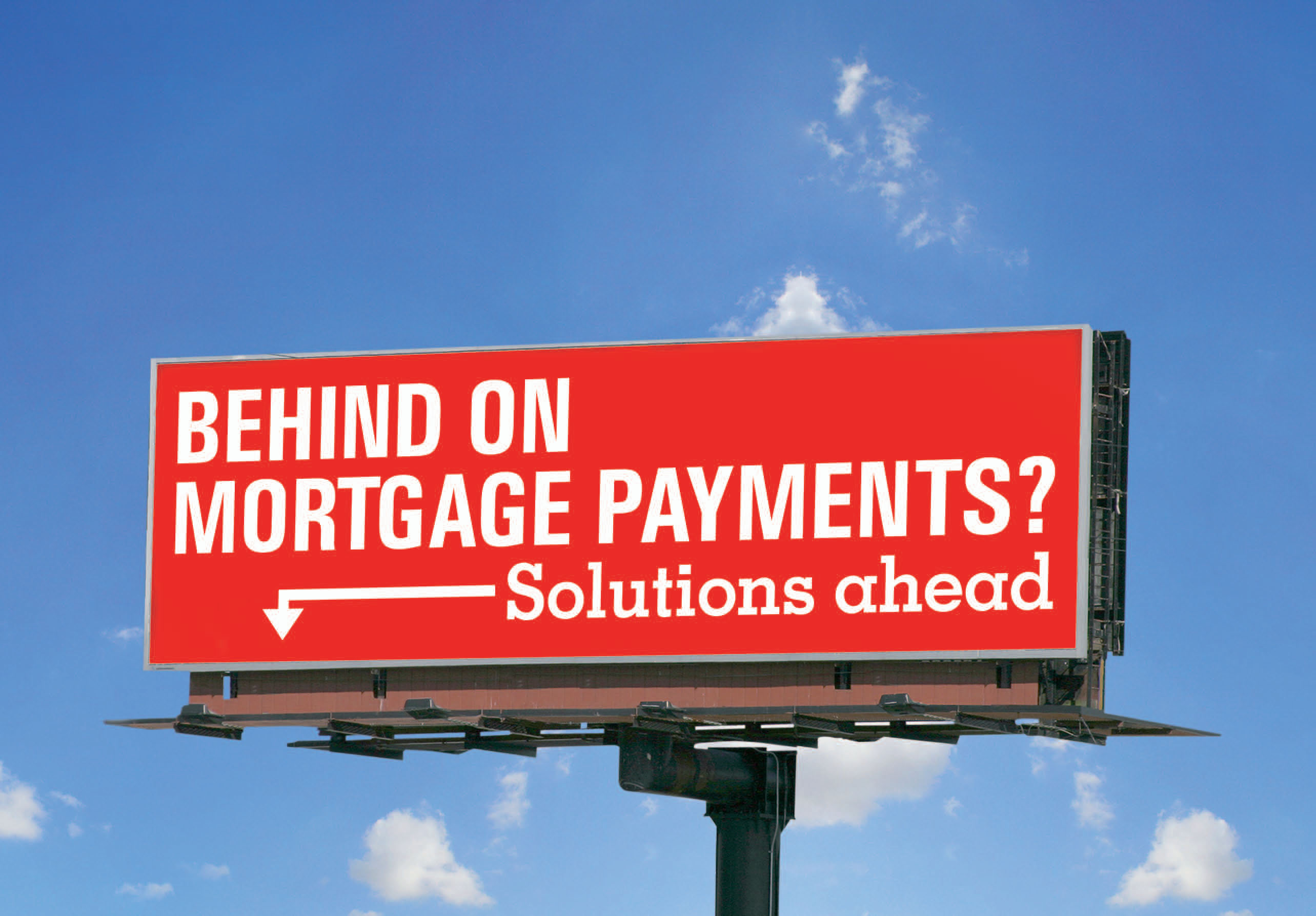What is Short Selling a House and How does it Work
 Most people are familiar with the term “short sale”. Short sale usually means homes which worth less than what the owners owe on the mortgages. There are many who turn to strategic short sale to make financial gains. Most of the people, however, resort to foreclosure.
Most people are familiar with the term “short sale”. Short sale usually means homes which worth less than what the owners owe on the mortgages. There are many who turn to strategic short sale to make financial gains. Most of the people, however, resort to foreclosure.
What is Short Selling a House
A short sale happens when the owner is compelled to sell the house for less than what they took from the lender to buy it. Generally, a short sale occurs when the owner fails to make his mortgage payments. The owner has no other way than facing foreclosure because what he owes is more than the total worth of his property. If the lender nods to the owner’s appeal to sell the house for less than its original price, the short sale process commences.
Benefits
For all parties taking part in the short sale process, there are many benefits. From the seller’s perspective: it is the only way to deflect a close call for foreclosure. In a way, short sales are less damaging since the owner is doing the last thing they can afford to meet their obligation rather than giving it up all right away. Besides, the damage incurred from a short sale is less damaging to the owner’s credit.
Lenders on their turn, too, gain more from short sales than from foreclosures. Although the estimated costs of foreclosures vary depending upon corporate owner and bank, foreclosures always come with a huge expense. The reason is vacant properties are more likely to be deteriorated swiftly and are in risk of being damaged by vandals. Moreover, the selling prices of foreclosures are in general lesser than the prices of similar regular houses.
As the process of short sale begins, potential buyers get the opportunity to bid for the house for less than the market price. The risk factor involving the purchase is also lower than that is of foreclosure.
Disadvantage
A short seller is affected by a credit hit; though, it is not as hard as a foreclosure. Furthermore, they may have to pay taxes on the amount incurred from the gap between the mortgage and the sale price.
For the lender, the disadvantage is quite obvious. It loses on the both ground i.e. the principal and the interest.
People who purchase short sale homes have to go through a laborious and long process. It takes longer to close a short sale than regular sales. Besides, the home is sold in the current condition, without any repair work. Although the seller’s disclosure offers some protection, there is no alternative to a thorough home inspection to list down all damages.
Short Sale Process
A seller typically uses a real estate agent to prepare a complete package including a letter proving the seller’s financial hardship, proper documentation of his or her bills and payments, and a third-party authorization for the lender to speak to the realtor. The lender is only likely to authorize a sale when there is valid proof that the buyer is unable to pay the mortgage. Then a broker is hired to get a price opinion known as “broker’s price opinion” or BPO – an estimated worth of the house in concern. The seller then works with his realtor to decide on a list price; at this point they do not have any idea of the BPO.
Once the seller receives an order that is acceptable, they ask the lender for approval. Since the seller hardly has any chance of profiting from a short sale, they are not likely to withhold any offer from the lender’s side. Moreover, as soon as an offer is approved, the possibility of avoiding foreclosure becomes higher. As the lender accepts the offer, a sales contract is executed.